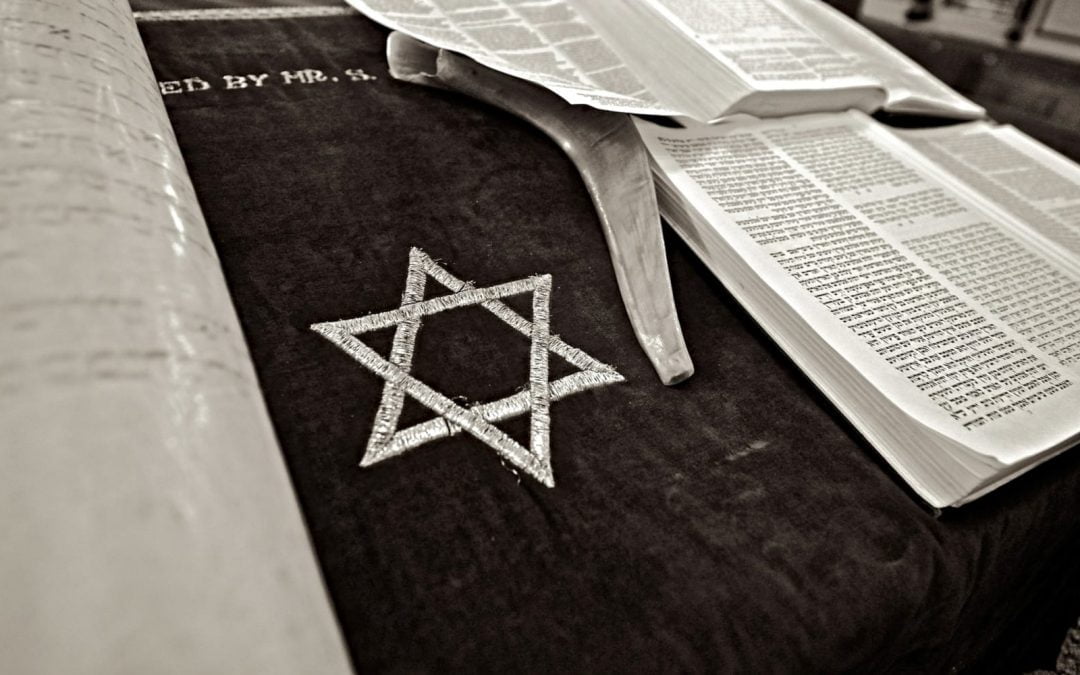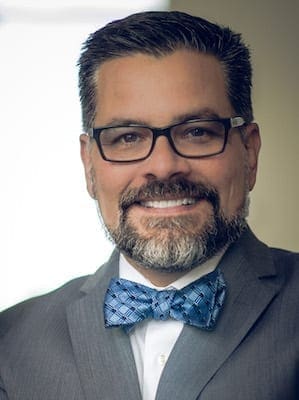A 19-year-old man walked into Chabad of Poway Synagogue in Valle Verde Park, California, last week and opened fire on worshippers.
The gunman killed 60-year-old Lori Kaye and injured three others. Prior to this heinous act of violence, he posted an anti-Semitic manifesto on a far-right message board.
This most recent anti-Semitic act of violence follows last year’s mass shooting at the Pittsburg Tree of Life synagogue, killing 11 worshippers.
Paired with the 2017 white supremacist march in Charlottesville, Virginia, and anti-Semitic robocalls during the 2018 midterm elections, a large uptick in anti-Semitic rhetoric and behavior has happened over the last few years.
The FBI’s latest hate crimes report, published in November 2018, noted a 37% spike in anti-Semitic hate crimes in the U.S. during 2017.
More recently, the Anti-Defamation League published an audit of anti-Semitic incidents in 2018. You can read the full report here, but here are some of their major findings:
- 2018 recorded the third-highest number of anti-Semitic incidents over the last four decades.
- The total of 2018 incidents (1,879) decreased by 5% from the previous year (1,986), but it still remains much higher than 2016 and 2015
- 2018 recorded 1,066 harassments, 774 vandalisms and 39 assaults.
- Known extremist groups or individuals were responsible for 249 anti-Semitic incidents in 2018 – the highest level of incidents reported since 2004.
- K-12 schools reported 344 anti-Semitic incidents in 2018: 173 harassments, 169 vandalisms and two physical assaults.
- U.S. colleges and universities reported 201 anti-Semitic incidents in 2018: 106 harassments, 91 vandalisms and four physical assaults.
- Six bomb threats were made against Jewish institutions – down from 169 threats in 2017.
- Eight recorded cemetery desecrations were recorded in 2018, up one from 2017.
The ADL also points out that spirited debate should take place in regard to the policies of any government, which includes the state of Israel.
Yet, it cautions that when “classical anti-Semitic stereotypes and tropes” are used to characterize or frame an argument, then a line has been crossed from debate to anti-Semitism.
All of this data reveals a growing and dangerous trend: anti-Semitism is on the rise.
White supremacists and Nazi sympathizers have been more vocal and aggressive with their rhetoric and actions. This has inspired others to be more outspoken with hateful rhetoric in the public square and within private life.
Jesus-followers committed to the common good and human decency should decry all forms of anti-Semitism and those who declare them.
Human history has already demonstrated to us that anti-Semitism leads to unimaginable atrocities. Anti-Semitic rhetoric can quickly turn into mass murders, and mass murders can quickly turn into genocide.
Holocaust survivor Elie Wiesel once challenged people, “We must always take sides. Neutrality helps the oppressor, never the victim. Silence encourages the tormentor, never the tormented.”
Therefore, goodwill Christians should take sides, standing against anti-Semitism and any form of discrimination, including Islamophobia, homophobia and xenophobia.
Goodwill Christians should stand for freedom, love and inclusion, as they work toward creating the beloved community.
The beloved community is growing, expanding to reveal how diverse society truly is these days.
Within the beloved community, freedom for all is honored, respect of culture is granted, and love binds the community together.
Over the next few years, people of goodwill need to combat anti-Semitism and work toward making the U.S. a more perfect union – one without bigotry and discrimination.
The time has come to take sides. Will we be on the side of faith and justice, or will we allow the principalities of darkness to spread?
Let the Star of David shine brightly, along with all the other stars of this world.


